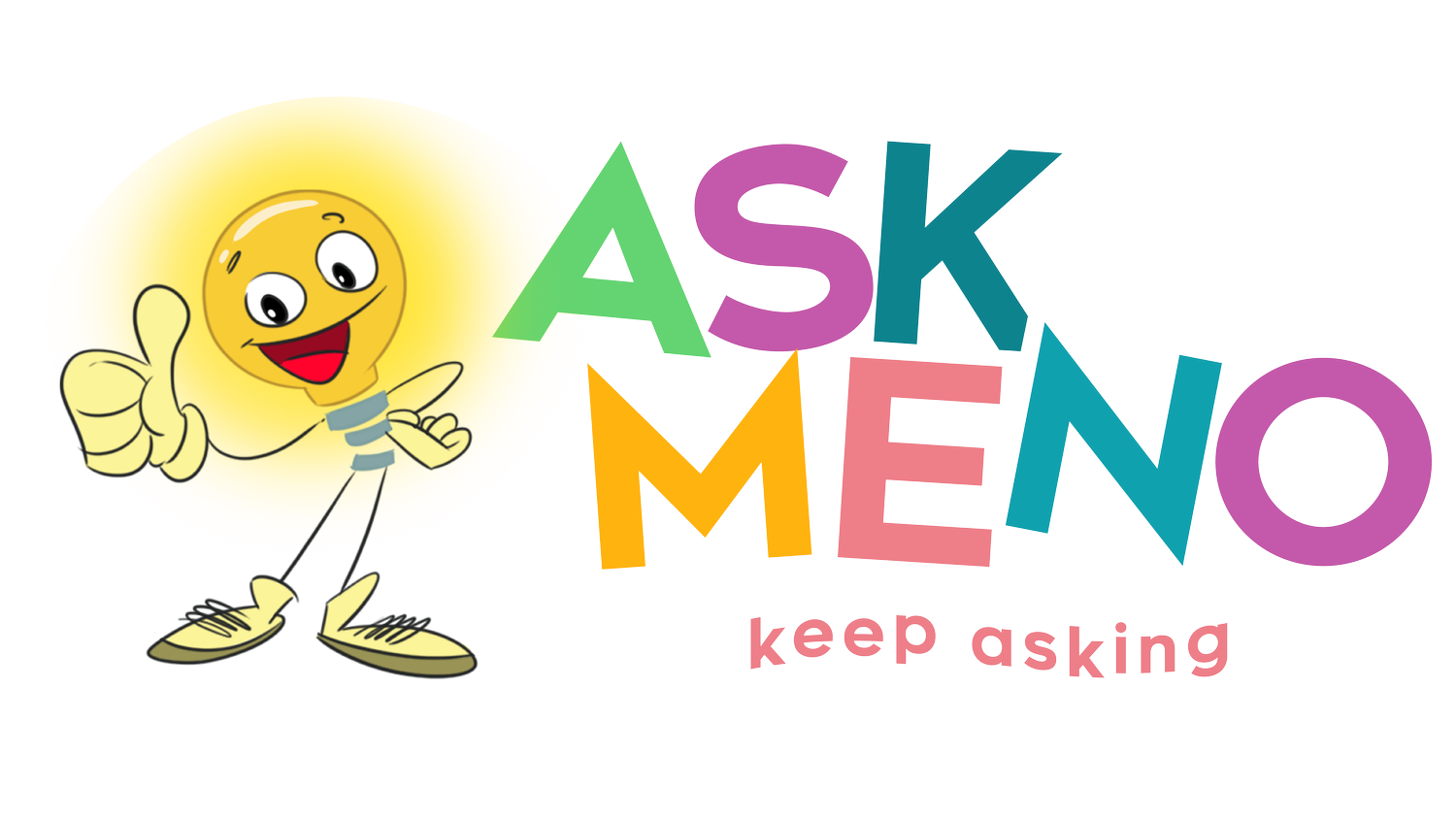According to Research, Analytic Talk Is the Key to Effective Read Alouds
Student-led Inquiry
If you’ve been in education long enough, you’ve probably heard of the "30 million word gap." Here are some classroom practices you can use to close that gap!
In a paper published in The Reading Teacher, Professors McGee and Schickedanz point out that “Research has demonstrated that the most effective read alouds are those in which children are actively involved asking and answering questions and making predictions rather than passively listening."
Eliciting Analytic Talk
Repeated interactive read alouds elicit analytic talk. Analytic talk involves student inquiry about the story and engaging students in actual, back-and-forth conversation. Teachers have a profound effect on vocabulary growth when they can effectively prompt students to ask questions about read aloud content. It's easy enough to ask your students questions about a story, but getting students to ask their own questions about it can be challenging.
To prompt student-led inquiry, ask the class to come up with questions based on what they saw in the pictures and what they heard about the story. Make a game out of it! Our own game is a great way to give students lots of opportunities to ask questions about and respond to the new words they're learning.
Keep asking!
About AskMeno
AskMeno is dedicated to helping early childhood leaders build the foundational oral language and social skills necessary for their young scholars’ reading comprehension and emotional wellbeing. AskMeno provides a play-based, teacher-facilitated supplemental curriculum that systematically and explicitly develops oral language and social skills through scaffolded, fun, and engaging learning activities.



